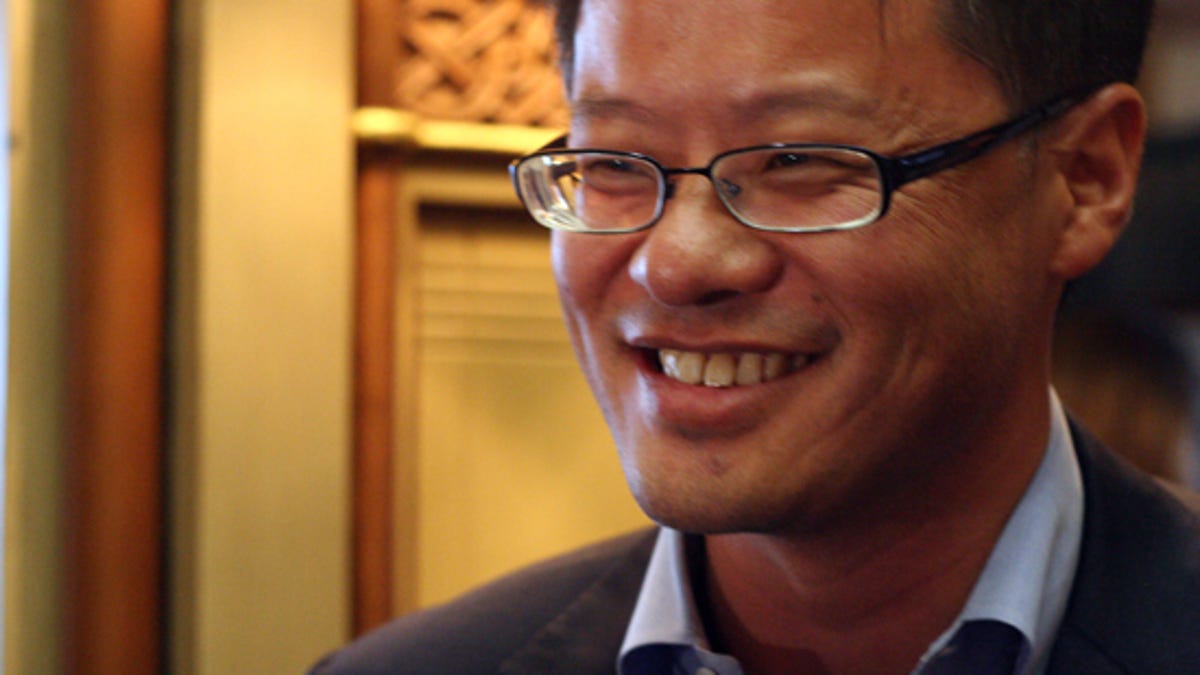What Yahoo's Google gambit says about the failure of 'Panama'
As if wasting millions on a upgraded ad system wasn't bad enough, now Yahoo's offered a tacit admission of failure by its last-minute dalliance with Google.

So if Yahoo thinks so much of Google's search technology, why did it waste all those millions on its 'Panama' ad system?
All I can say is that Jerry Yang must really pack a pair.
After spending millions to build a Google-like algorithm, the company plans to test Google's AdSense for Search service.
Say what?
"This is only a limited test, and does not necessarily mean that Yahoo will join the AdSense program," the company said.
Sure.
Yahoo can spin this as a experiment on 3 percent of its traffic and thus stand on terra firma when it rejects this as an admission that Panama is broken. After all, this is only a "test." Word games notwithstanding, Panama remains behind Google's AdSense in terms of RPM (revenue per thousand impressions) or revenue per search query, in this case. One advertising exec I spoke with put it this way:
"Panama might be perfect on the technology side and might 'know' exactly which ads it should serve onto each page, but if there aren't any active advertisers for it to serve then the end result will still be a low yield. The ad coverage will reflect negatively on the quality of the platform. Google has much better ad coverage than Yahoo does for historical reasons, and that's not something that can be solved quickly."
Ultimately, he added, this boils down to a question of how many clicks get fed into the algorithm to make it intelligent about targeting. Due to its bigger market share, Google's got insight into far more clicks than anyone else. That means it will continue to get more intelligent about the ads that work well.
Maybe Yang's being crazy as a fox here, though investors might wonder whether a collection of village idiots is now running the show. After two months of trying to elude Microsoft's bear hug buyout offer, is this the right time to tacitly acknowledge that Yahoo's most ambitious IT project is a bust? I'm sure that's going to thrill the company's investors.
Full disclosure: I never believed Yang was the right replacement for Terry Semel. Woody Allen famously quipped that 90 percent of success in life can be accomplished by just showing up. Not in this case. To be fair, Yang inherited a company listing at 30 degrees. But months passed without strong action. If not Microsoft, it was only a matter of time before some other bidder would have come knocking.
Yang's problem is that he wound up with a suitor he can't stand.
Let's assume for the moment that Yahoo ultimately does agree to a Microsoft buyout. How long do you think it will take for Steve Ballmer to pull the plug on the Google test? This is only an extra obstacle Yahoo's putting in Microsoft's way. So far, Microsoft says it's still interested in doing a deal (though for the life of me I still can't understand why.)
Just to keep the yucks flowing, Microsoft issued a terse response under Brad Smith's byline:
"Any definitive agreement between Yahoo and Google would consolidate over 90% of the search advertising market in Google's hands. This would make the market far less competitive, in sharp contrast to our own proposal to acquire Yahoo! We will assess closely all of our options."
Brad's a good dude, but that line came straight out of the pot-calling-the-kettle-black folder. By now, we're all acutely familiar with Microsoft's devotion to maintaining open and competitive markets.
Then again, neither side in this monotonous novella has a monopoly on hypocrisy.

